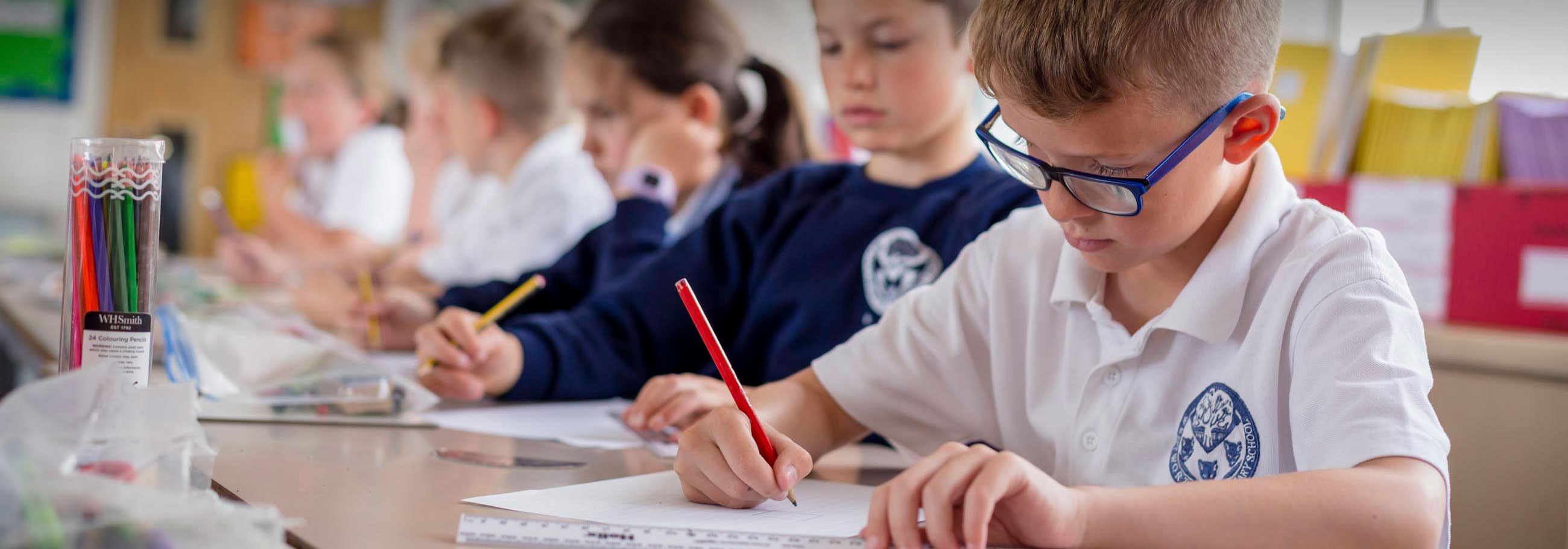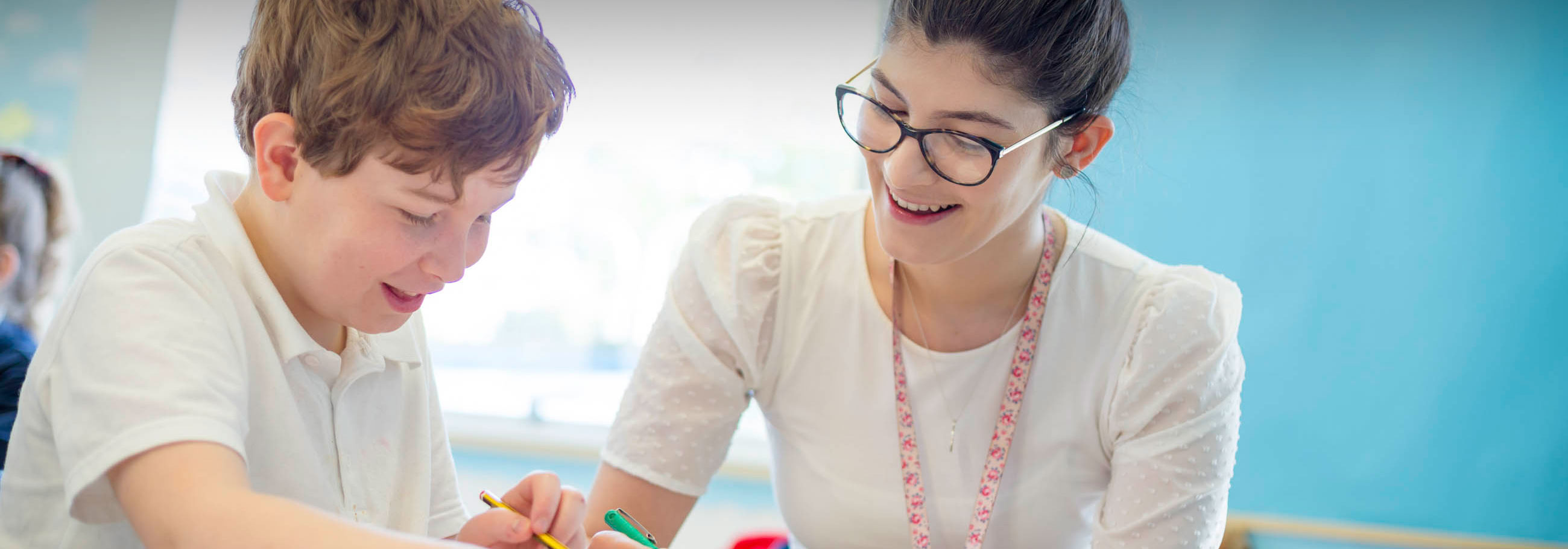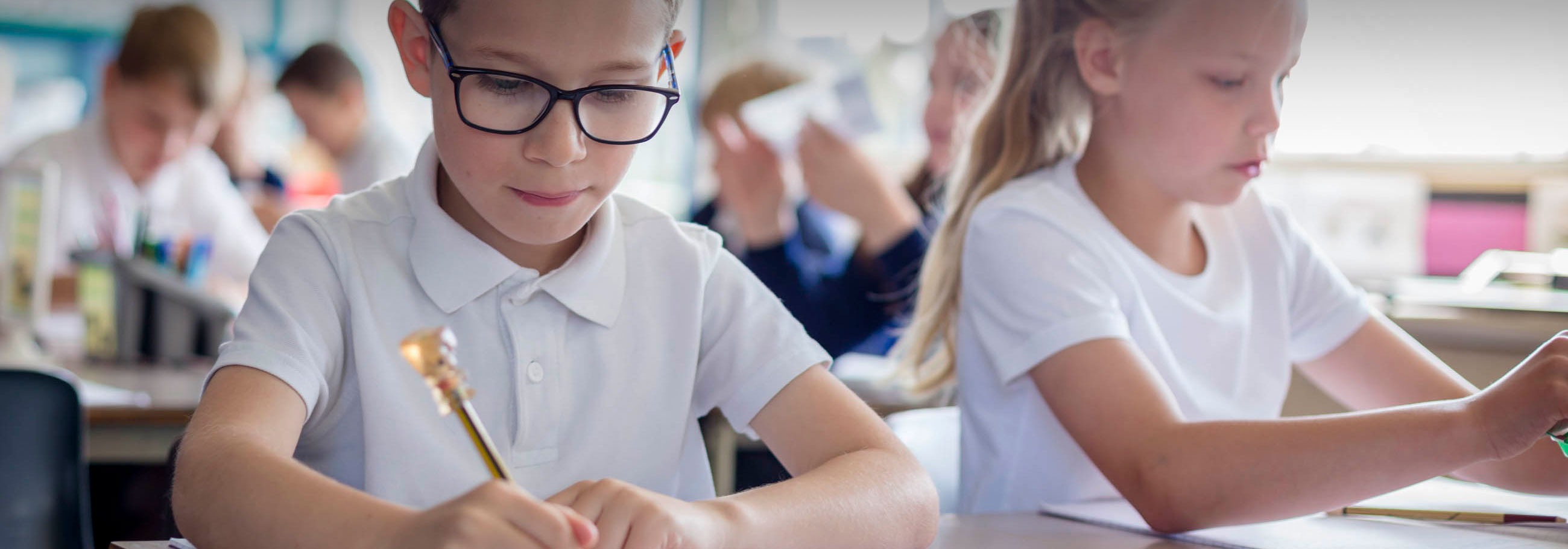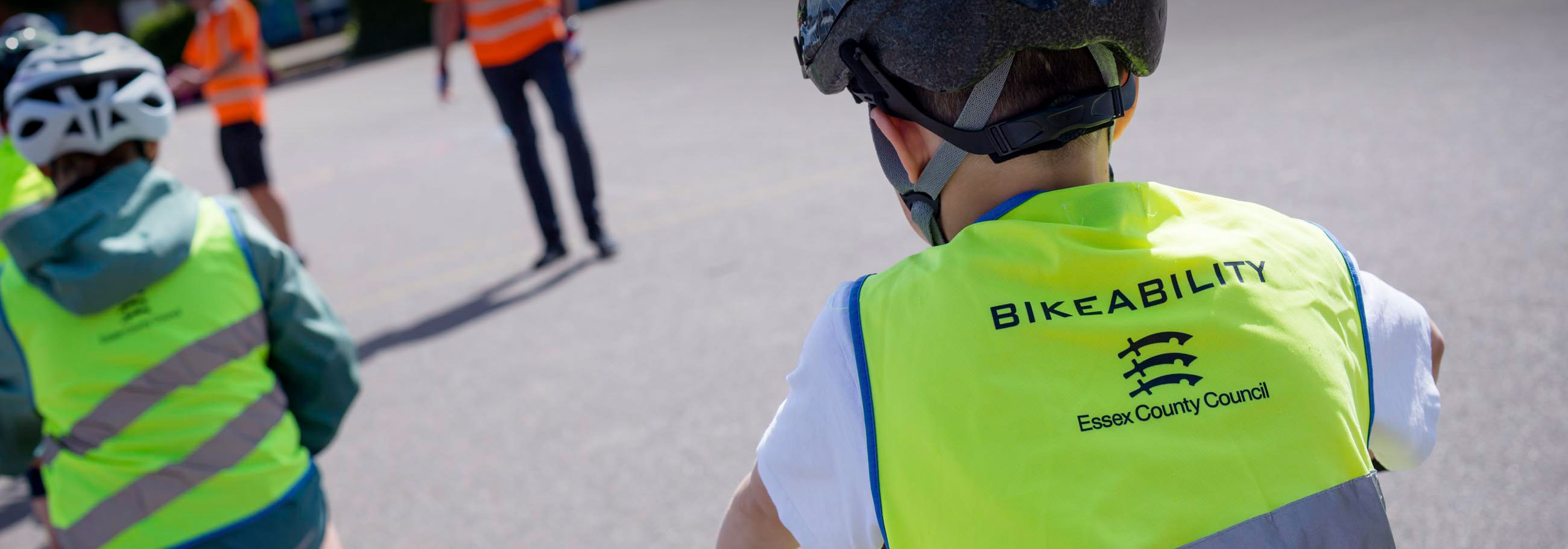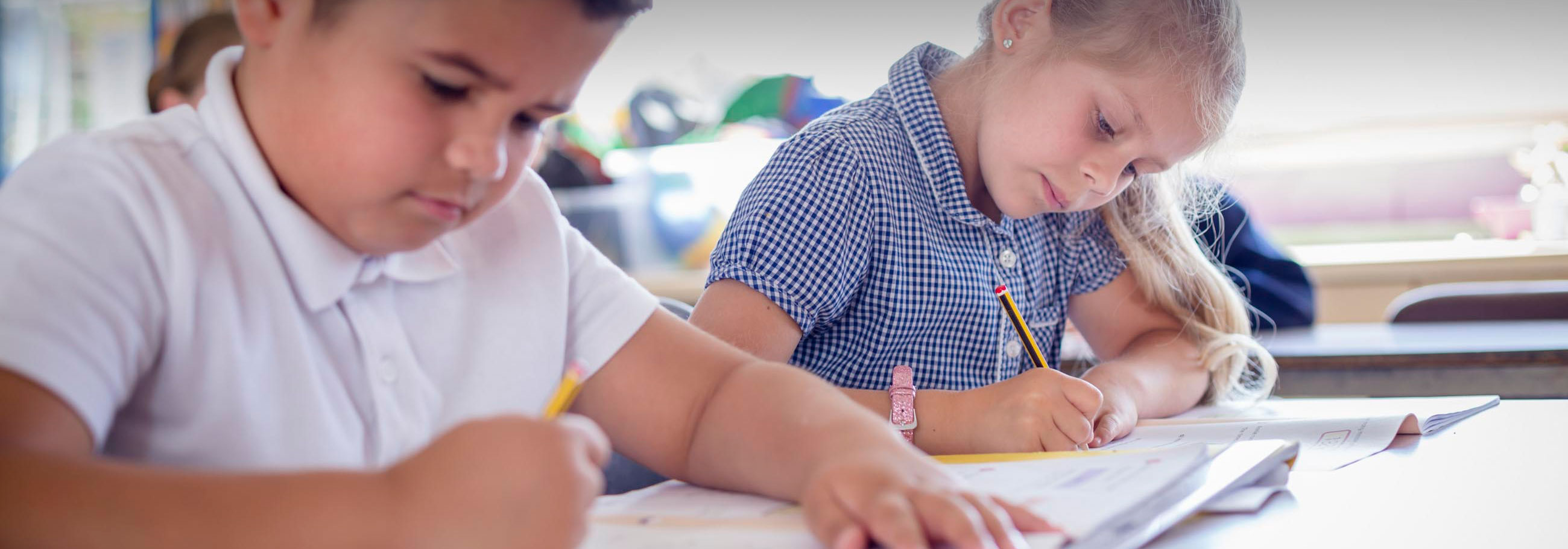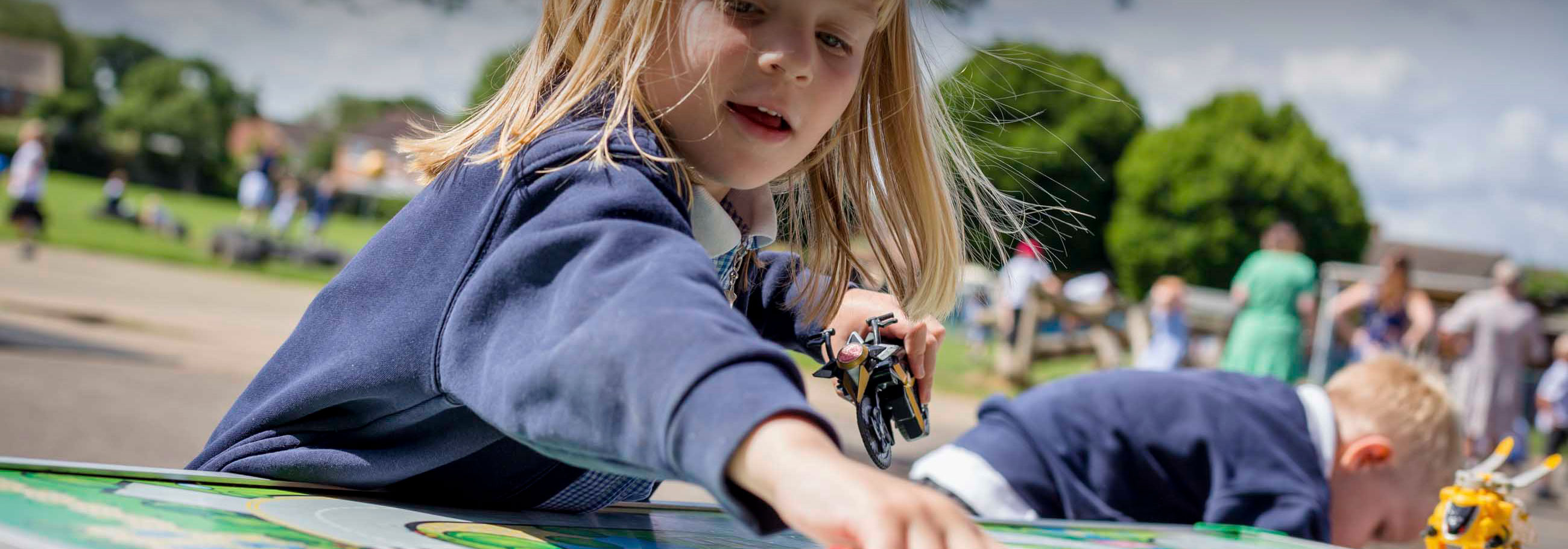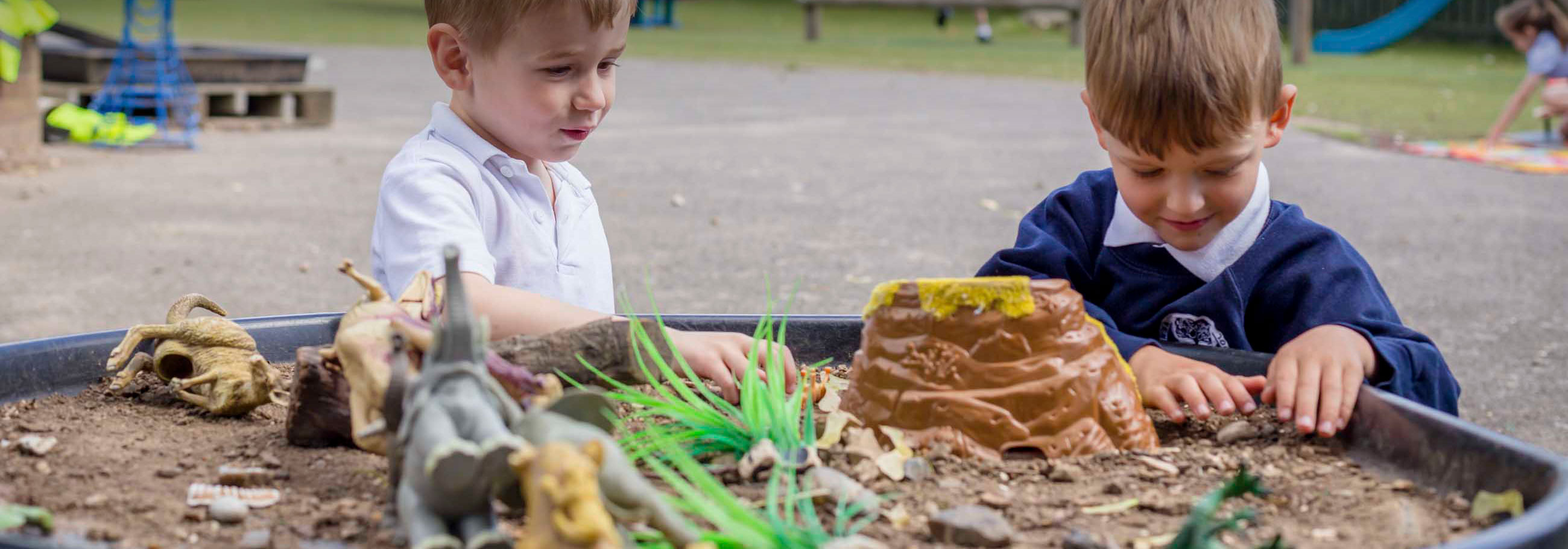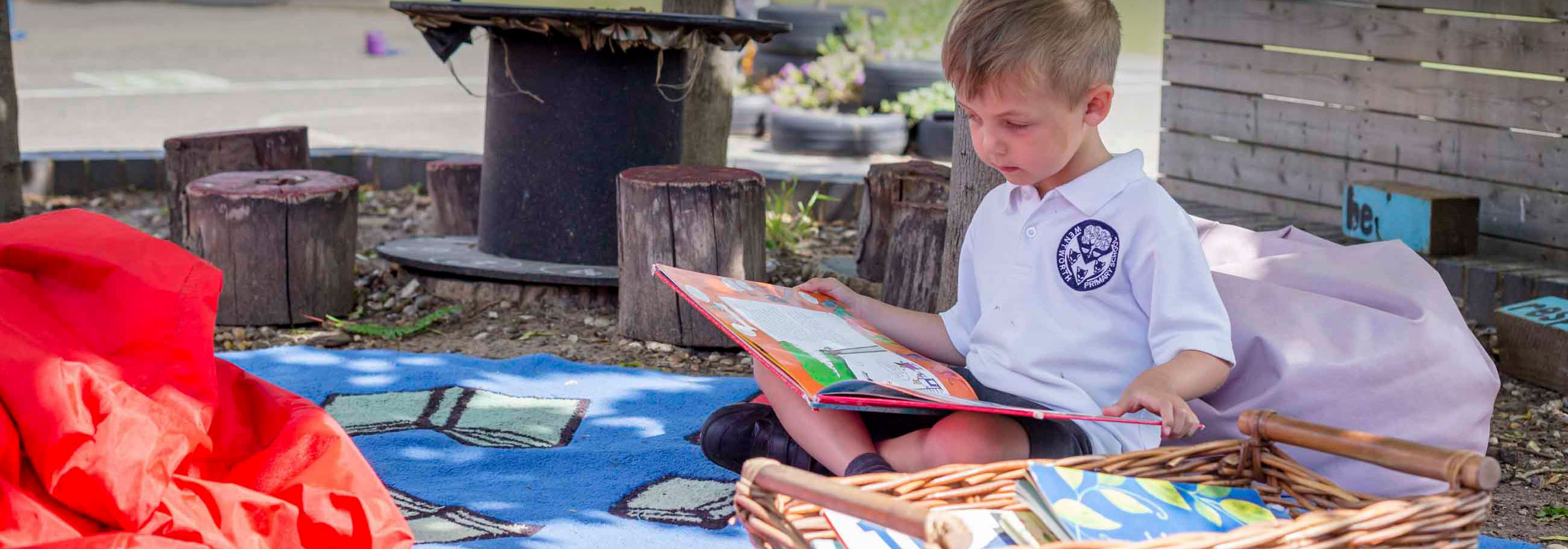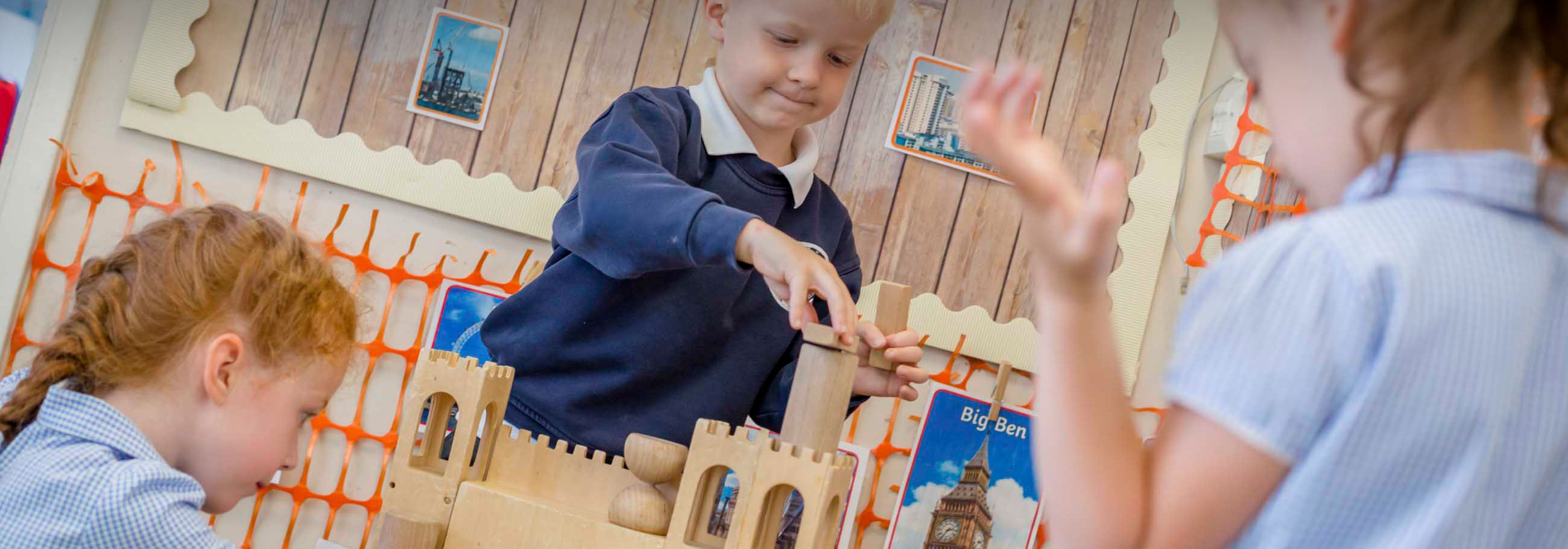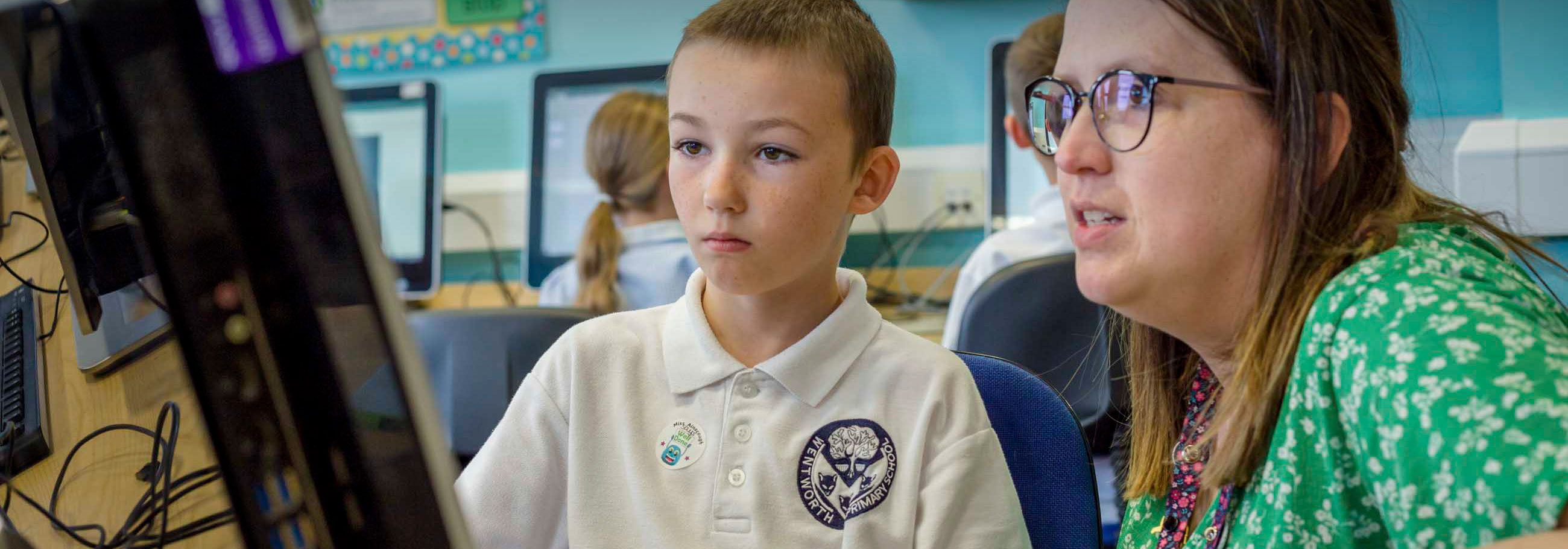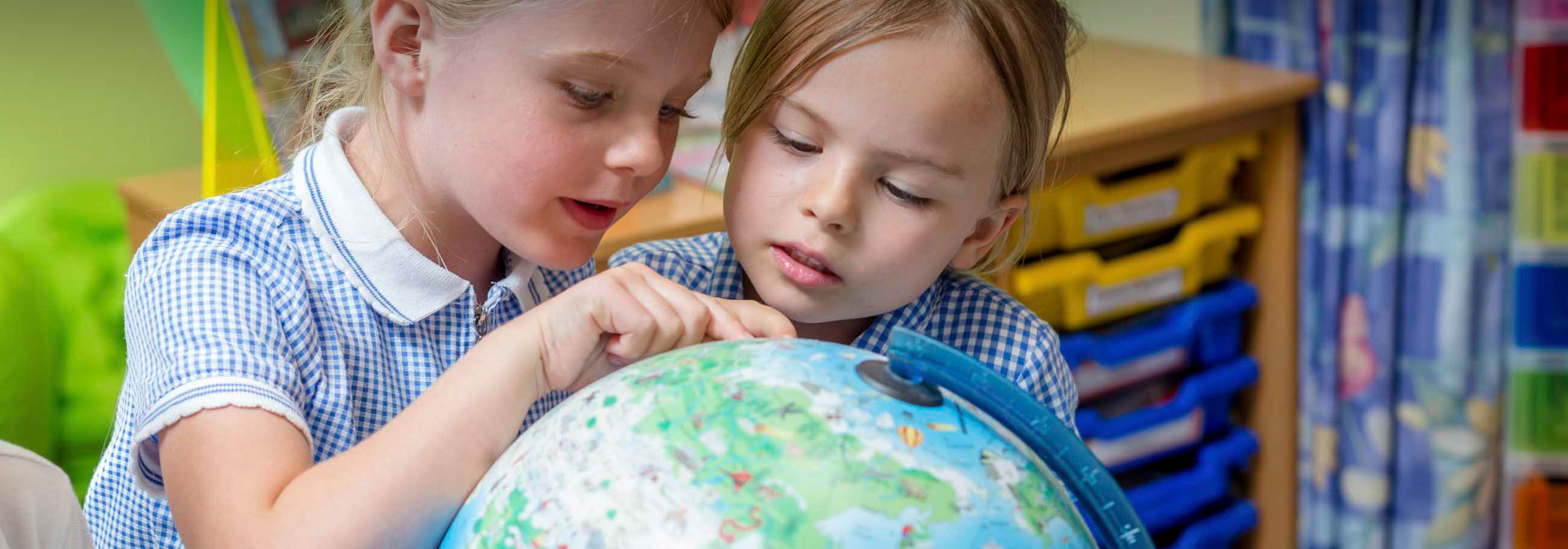History
Intent
At Wentworth, our broad and balanced History curriculum is designed to develop children’s historical knowledge, skills, and understanding in a progressive way. We aim to enable pupils to:
- Investigate and interpret the past.
- Understand chronology and build an overview of Britain’s past as well as that of the wider world.
- Communicate historically using accurate vocabulary and concepts.
Our curriculum ensures that children learn about Local History, British History, Wider World History, and the lives of significant individuals. In the Foundation Stage, children begin by exploring changes within their own lives and identifying what has changed and what has stayed the same within living memory.
Through engaging and enjoyable lessons, we intend for children to:
- Know more, remember more, and understand more.
- Develop historical enquiry, analysis, evaluation, and argument skills.
- Foster curiosity and motivation to learn about the past.
- Build a sense of identity through understanding history.
- Be equipped with historical knowledge and skills for Key Stage 3 and life beyond school.
Our curriculum is inclusive, ensuring all pupils access the same high-quality learning, with differentiation and support provided where necessary.
Implementation
The History Coordinator provides medium-term plans for each unit, outlining the key knowledge to be taught. Teachers use these plans alongside the History Knowledge and Skills Progression Map to design sequences of lessons that build on prior learning and introduce new skills and challenges. Each unit includes an assessment sheet to support tracking of progress. Historical vocabulary is explicitly taught and displayed in classrooms, and timelines are used across the school to help pupils understand where their learning fits within a broader historical context. KS2 pupils also keep a timeline in their books for regular reference.
Lessons are carefully structured to revisit prior knowledge while introducing new concepts. Teachers use targeted and open-ended questioning, mini-plenaries, and vocabulary recall to address misconceptions and deepen understanding. Pupils engage with historical evidence such as artefacts, photographs, narratives, and data, and each year group has access to a History resource box and topic-related books. Subscriptions to websites such as Key Stage History and Grammarsaurus provide additional resources to enhance teaching.
Cross-curricular links and real-life comparisons make history meaningful, and special events such as the school’s 50th anniversary, Remembrance commemorations, and the town’s Royal Charter celebrations enrich learning. Black History Month is embedded annually, and visitors, trips, and themed history days further engage pupils. The History Coordinator monitors planning, conducts pupil voice surveys, and reviews books regularly. Assessment data is collected after each unit and informs an annual evaluation summary. The curriculum is reviewed and adapted as needed to ensure it remains relevant and effective.
Impact
Our history curriculum ensures that pupils achieve well and make progress in their knowledge, skills, and understanding. They develop chronological awareness, historical interpretation, enquiry skills, and the ability to communicate historically. Classroom environments display historical vocabulary and timelines, supporting pupils’ understanding of chronology and topic-specific knowledge. Monitoring through pupil voice, book reviews, and planning checks shows that lessons are engaging and progressive.
Teachers complete assessments at the end of each unit, making informed judgements about whether pupils are working towards, meeting, or exceeding expectations. Annual evaluations show that most pupils achieve age-related expectations, with progress measured through questioning, formative assessment, and summative judgements.
Disadvantaged pupils receive targeted support, including pre-teaching and additional interventions, to close gaps and ensure progress. SEND pupils benefit from adaptations such as in-class support, alternative recording methods, and differentiated activities, enabling them to make at least expected progress.
Ultimately, pupils leave Wentworth equipped with historical knowledge and skills for Key Stage 3 and life beyond school. They understand how history has shaped the world they live in and develop a lasting curiosity about the past.


